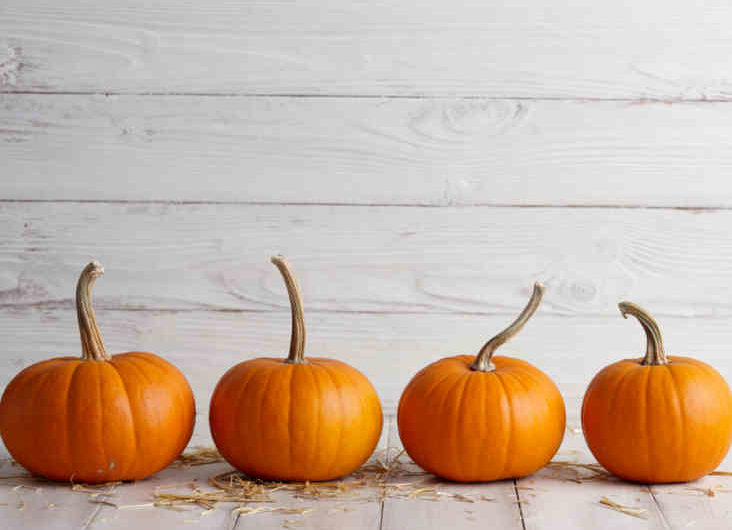Regardless of the wealth of pumpkin pies and pumpkin spice in apparently everything this season, pumpkins are, actually, a healthy choice for nourishment and a great wellspring of beta carotene, a water-soluble type of nutrient An, and a decent wellspring of vitamin C, clarifies Jenna Anding, Ph.D., professor and associate department head for the Department of Nutrition and Food Sciences and Texas A&M AgriLife Extension Service authority.
Pumpkins are fruits, not veggies
“Botanically, anything that starts from a flower is considered a fruit,” said Joe Masabni, Ph.D., assistant professor for plant sciences and AgriLife Extension vegetable pro, Overton. “So tomato, pumpkin, cucumber, strawberry, etc., are all fruits. However, how they are commonly described as is different.”
Pumpkin makes a decent substitute
Pumpkins are for the most part water. So utilized in the correct manner, they can be a decent substitute for more calorie ingredients like spread and different fats.
1/2 cup of pumpkin puree = 1/2 cup of oil
3/4 cup of pumpkin puree = 1 cup of butter
1/4 cup of pumpkin puree = 1 egg
Pumpkin pie versus pecan pie
As the special seasons approach, the discussion over which pie to pick is extreme, yet in the event that a more healthier decision may influence your choice, here’s a breakdown from AgriLife Extension.
On the off chance that people swap and eat a cut of pumpkin pie rather than pecan pie, they consequently spare 170 calories and 33 grams of included sugar. Pecan pie has 500 calories for each cut, or 1/8 of the pie, and 61 grams of sugar. Pumpkin pie of a similar size cut has 330 calories and 29 grams of sugar.
Pumpkin is additionally 90% of their every day esteem for vitamin A and 15% of their day by day esteem for calcium.
Disclaimer: The views, suggestions, and opinions expressed here are the sole responsibility of the experts. No Watch Mirror journalist was involved in the writing and production of this article.





